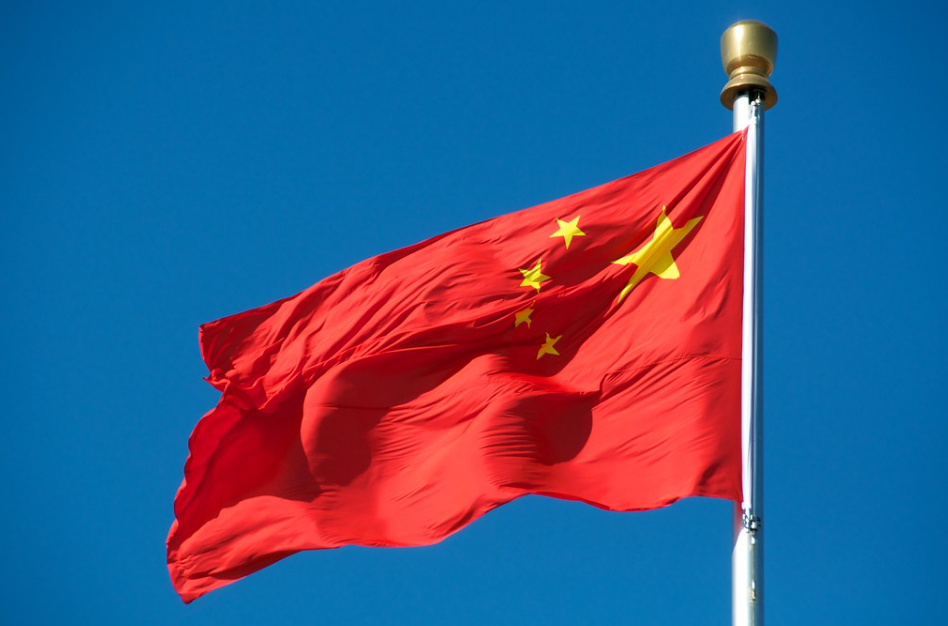In an unprecedented development, China is poised to harness Blockchain ID Verification System. This initiative, orchestrated under the Blockchain-based Service Network (BSN), China’s apex blockchain project, stands to redefine identity verification for an estimated 1.4 billion citizens. This groundbreaking move is raising eyebrows among advocates of data privacy.
The Ministry of Public Security in China has been the driving force behind this novel initiative, dubbed RealDID, with the Blockchain ID Verification System providing critical support.
RealDID’s impending deployment promises a paradigm shift in user authentication on digital platforms. It offers a mechanism for registering and accessing websites while remaining shrouded in anonymity. This is achieved through the use of DID addresses and private keys, a method ensuring the segregation of transactional and business data from users’ personal identifiers.
In a related development, China’s most influential social media platforms, namely WeChat, Sina Weibo, Douyin, Kuaishou, Bilibili, and Xiaohongshu, have mandated that content creators commanding an audience exceeding half a million or a million followers disclose their actual identities or those of their financial sponsors. This directive, as per state media reports from October, aims to bolster trustworthiness and facilitate public oversight.
The BSN has heralded this system as the world’s inaugural national-level decentralized identity mechanism grounded in real names. BSN China collaborates closely with the National Information Center, China Mobile, and China UnionPay. Meanwhile, its global operations are independently managed by BSN Global, purported to be an autonomous entity insulated by a firewall.
CoinDesk has recently highlighted the formulation of a bipartisan bill in the U.S., targeting a prohibition on federal officials’ engagement with China-manufactured blockchains and transactions with entities like Tether’s parent company, iFinex. The proposed legislation aims to avert national security vulnerabilities and safeguard private data from infiltration by foreign adversaries.
Additionally, in a move to foster counternarcotics collaboration, the U.S. has recently excised China’s Institute of Forensic Science, under the Ministry of Public Security’s aegis, from a trade sanctions roster. This decision, albeit clouded by human rights concerns, is part of a strategy to curb the influx of fentanyl and its precursors into American territories.
Subsequent to this development, China issued a stern warning to its chemical producers against the fabrication of fentanyl precursors. The National Narcotics Control Commission of China, in a recent directive, cautioned that involvement in the synthesis of chemicals for opioid production could entangle individuals in the expansive jurisdiction of foreign law enforcement agencies.





